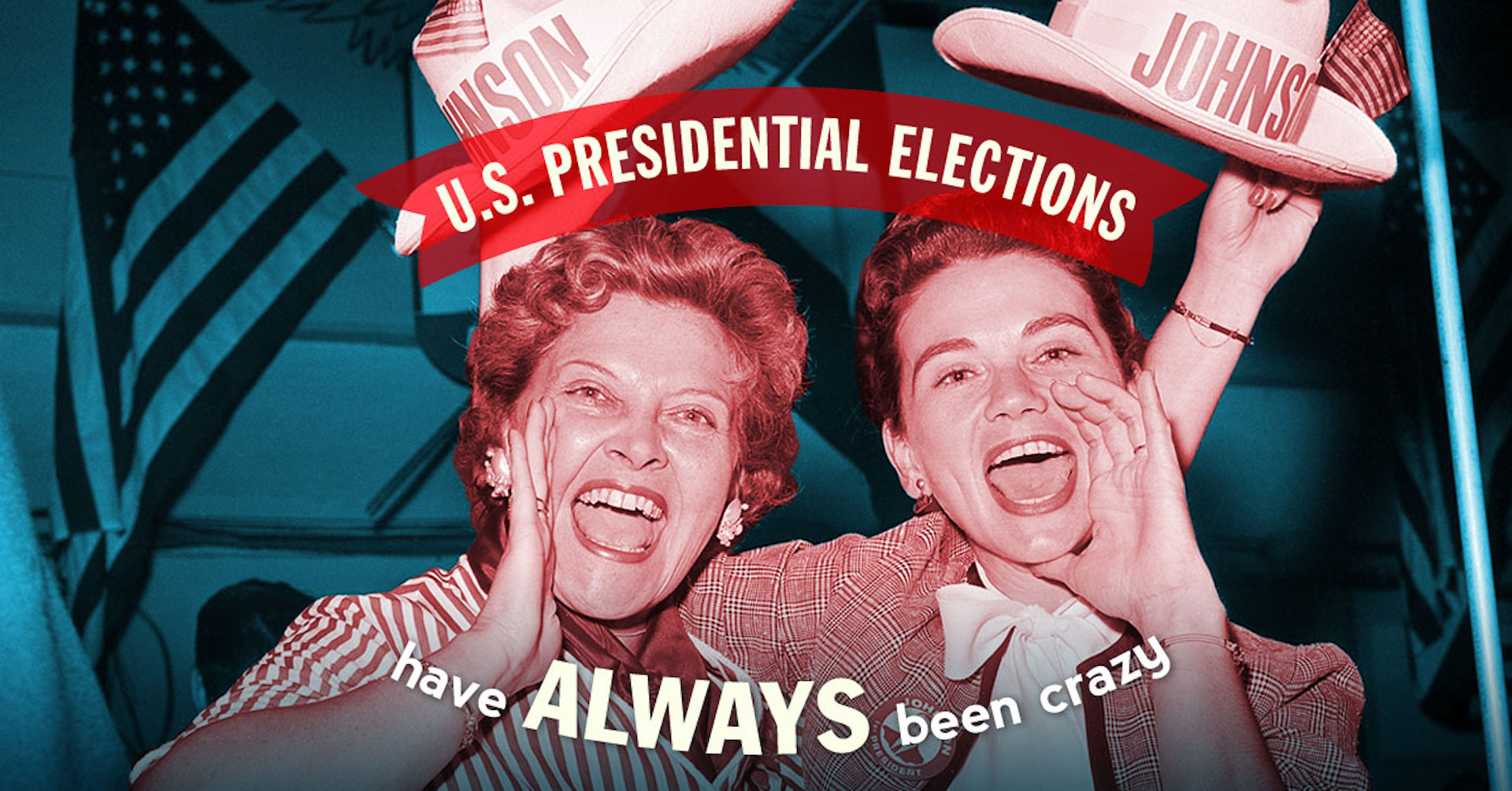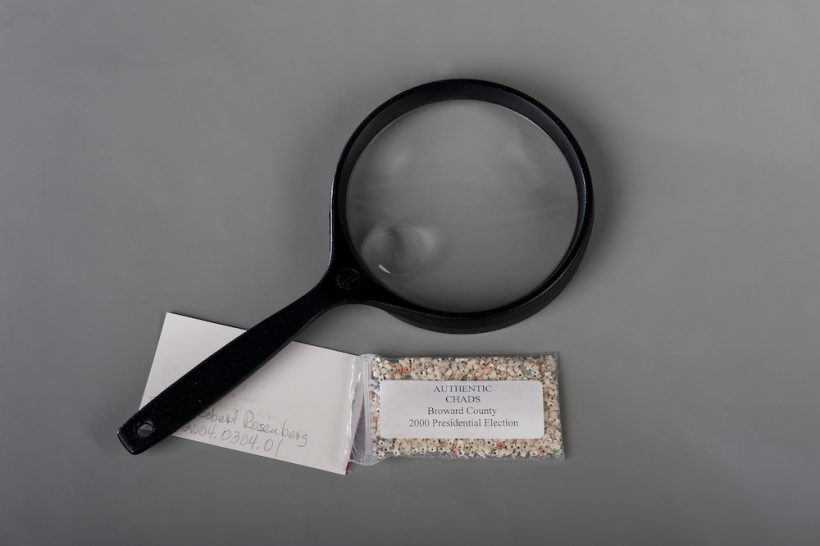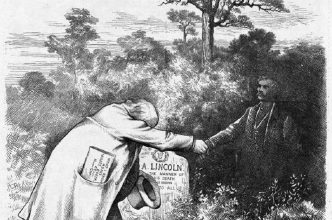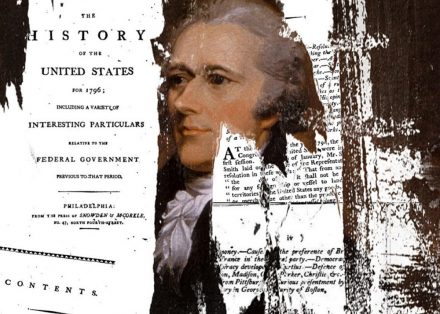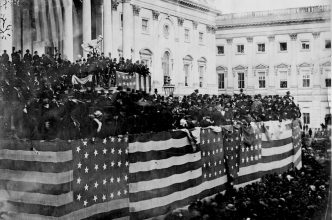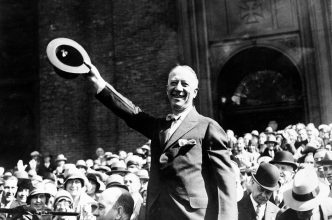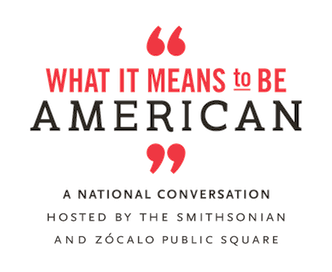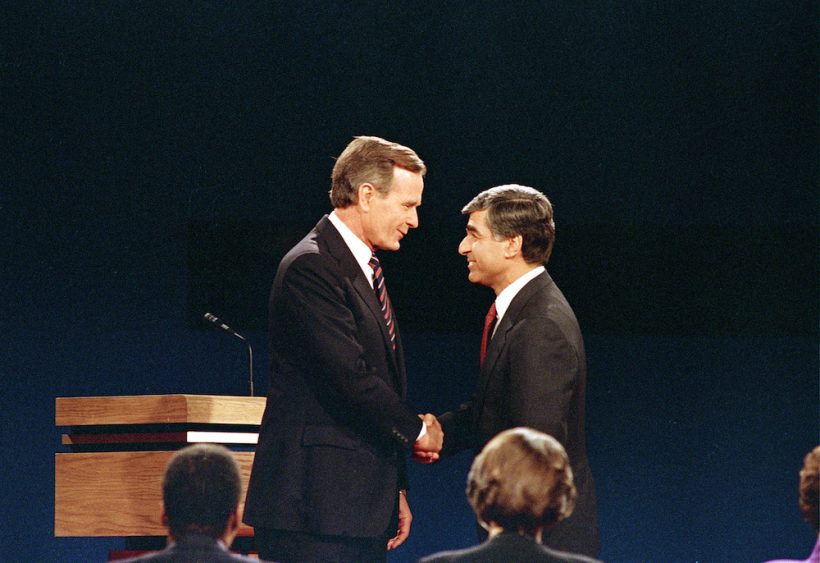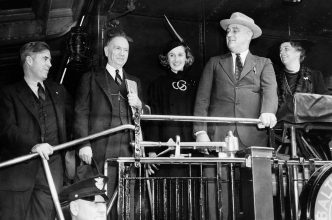The Untold Story of the Presidential Candidate Once Named 'Our Other Franklin'
Massive Rallies, an Emulated Style, and Votes From Both Democrats and Republicans Couldn’t Save This Quixotic Candidate’s Campaign—Or His Life
A populist desire for “reform” runs deep in the psyche of American voters. Every few decades, a presidential candidate channels this rebellious spirit. Andrew Jackson was such a candidate in 1828. So were William Henry Harrison in 1840, Abraham Lincoln in 1860, William Jennings Bryan in 1896, Teddy Roosevelt in 1912, Franklin Roosevelt in 1932, Jimmy Carter in 1976, and Barack Obama in 2008.
But no candidate for President carried the reform banner for honesty and competence more naturally, or tragically, than Horace Greeley. In 1872, Greeley was the nation’s leading newspaper publisher and editor. …
Think the Press Is Partisan? It Was Much Worse for Our Founding Fathers
A Scheming and Salacious Newspaper Reporter Targeted Hamilton and Jefferson—and Nearly Ruined Them
It is a common complaint that the drive for traffic at news sites in the digital age has debased our political dialogue, turning a responsible press into a media scramble for salacious sound bites. But partisanship and scandal-mongering go way back in the American political tradition. And there was no internet to blame in 1793, the year an especially vicious and salacious newsman arrived on American shores and soon after set his sights on the founding fathers.
Despite efforts to unify the early United States around President George …
Remembering 1876, the Year of the Inconclusive Vote
There Has Never Been Anything Like It Before or Since
How Herbert Hoover Skirted Scandal to Win the White House
The Public Was Charmed by His Presentation as an Antidote to Politics, Until the Great Depression Hit
Handle Your Presidential Debates With Care
The Institution of Multiple Meetings Between Presidential Nominees Might Seem Old and Tired, But Such Gatherings Are a New—and Fragile—Phenomenon
1936, When "The Dictator" FDR Was Bent on Constitutional Destruction
The Fight Over the New Deal and Roosevelt's Second Term Launched a New Style of American Political Attack
True or False? Franklin Delano Roosevelt claimed to be a conservative defender of the nation’s founding ideals.
If you answered “both,” you’d be correct. We don’t tend to think of FDR as a conservative today, and at certain points he would have rejected the label, but in 1936 that was how he wanted to be understood. He was three years into his first term and it was far from clear there would be a second. The mandate from his 1932 landslide victory seemed exhausted. Americans were seven years into the catastrophe of the Great Depression, which had destroyed whole industries and spread economic pain across the country. …




